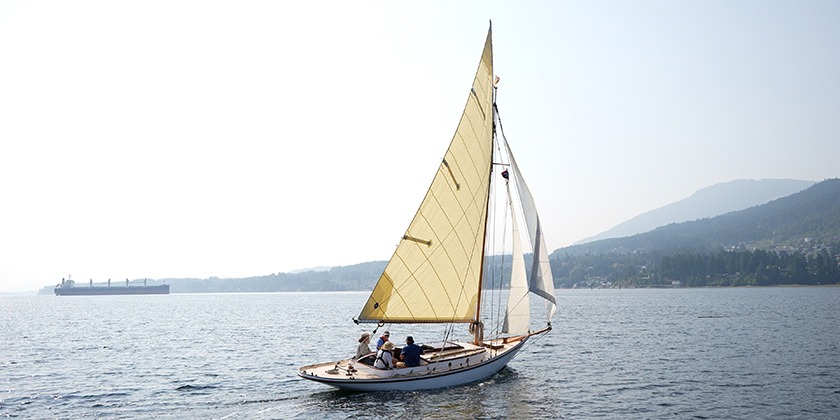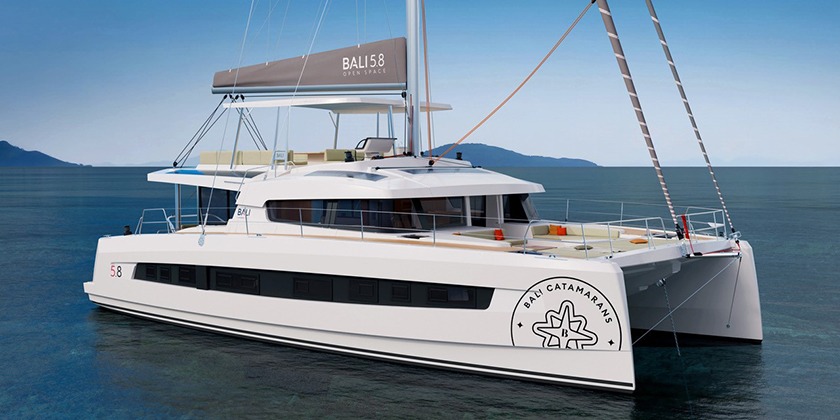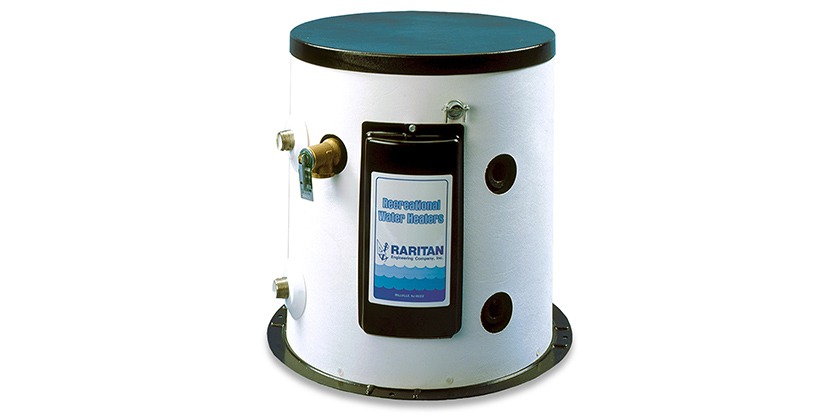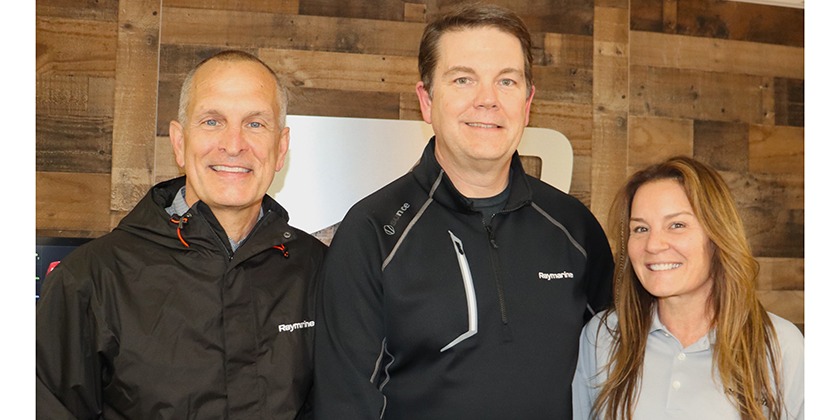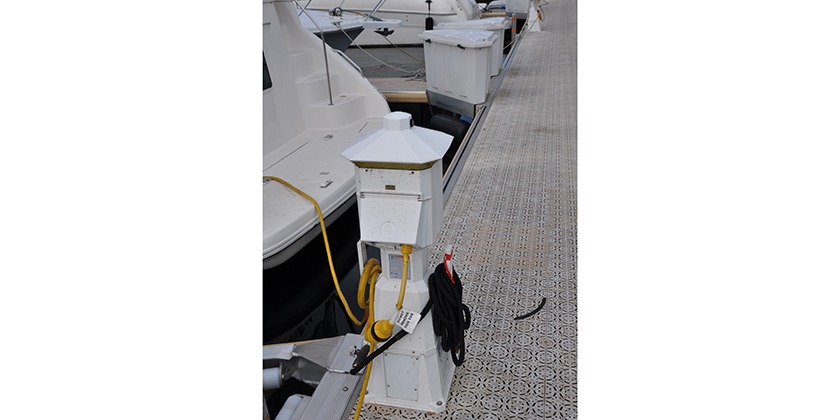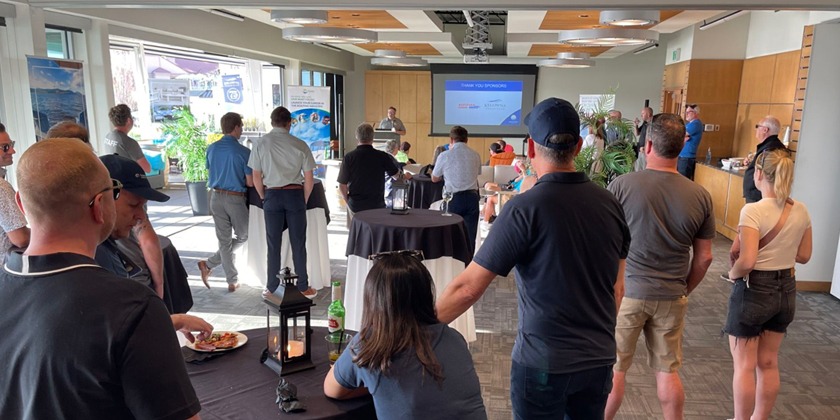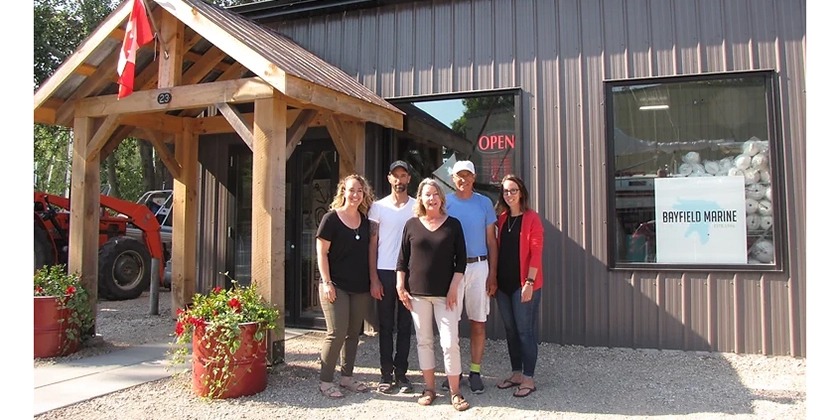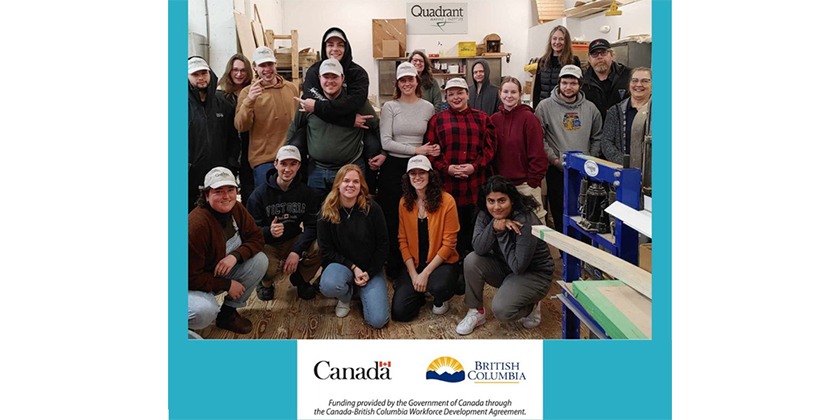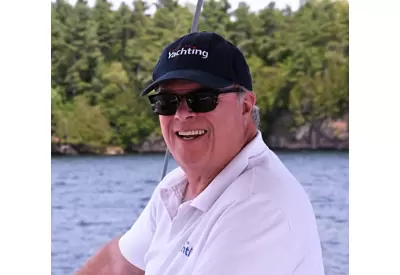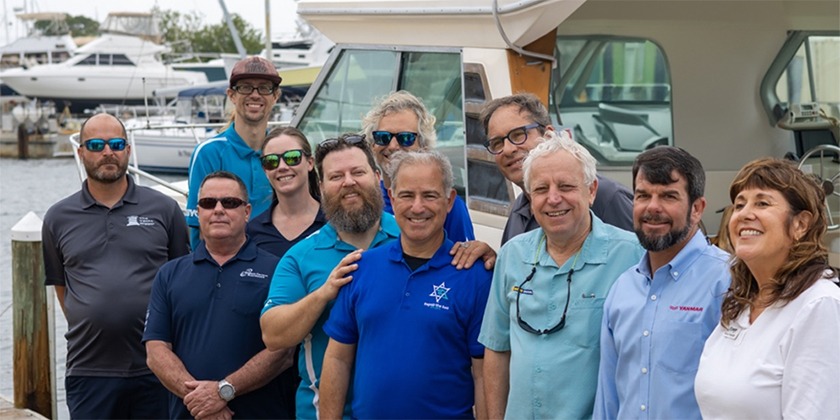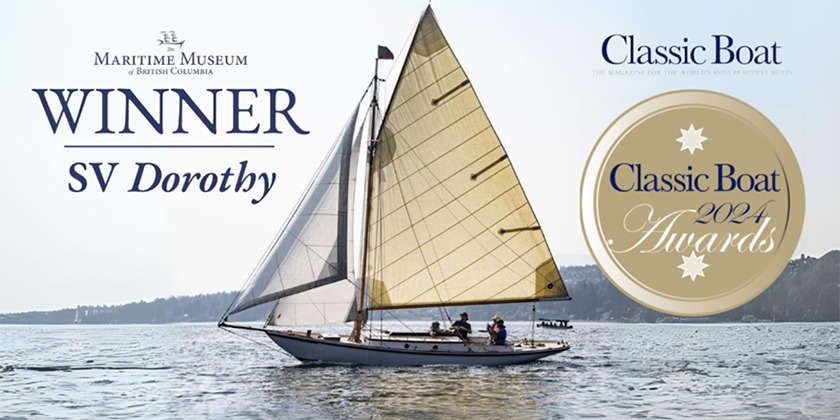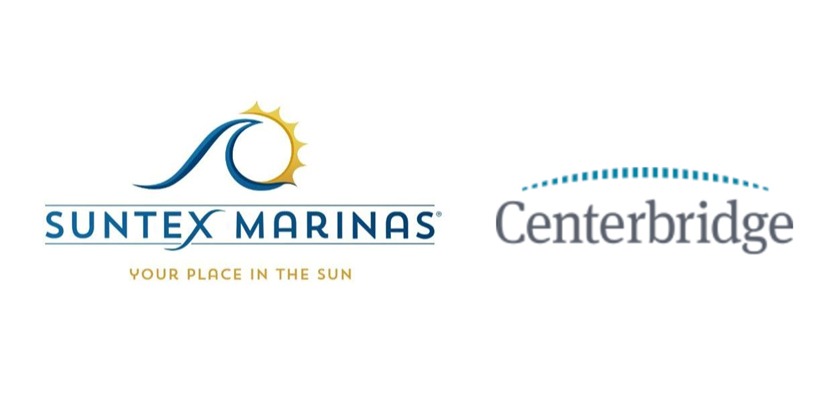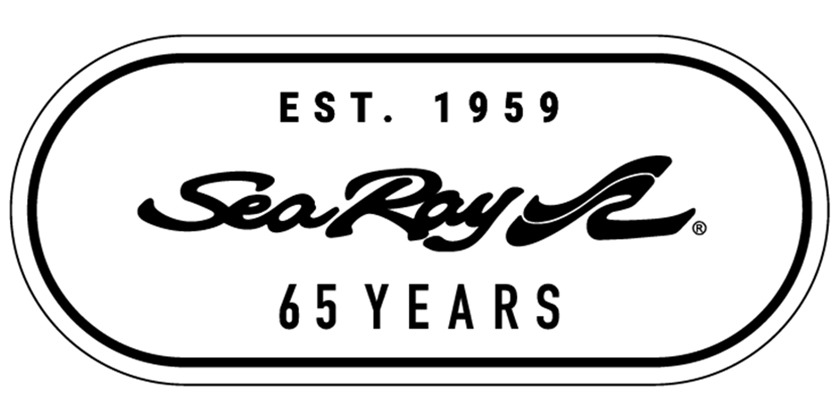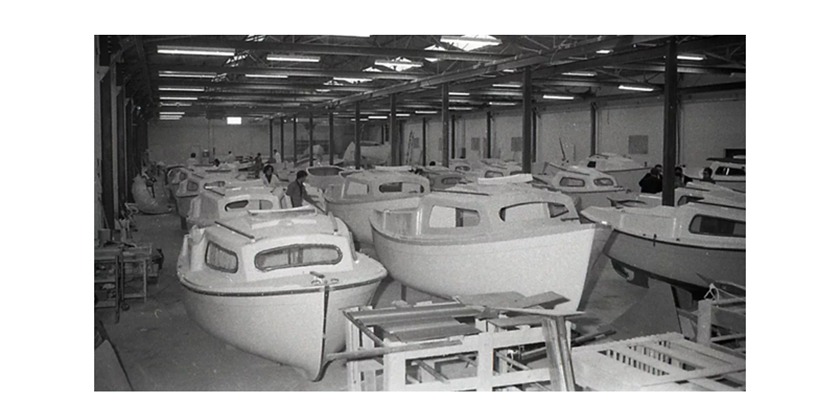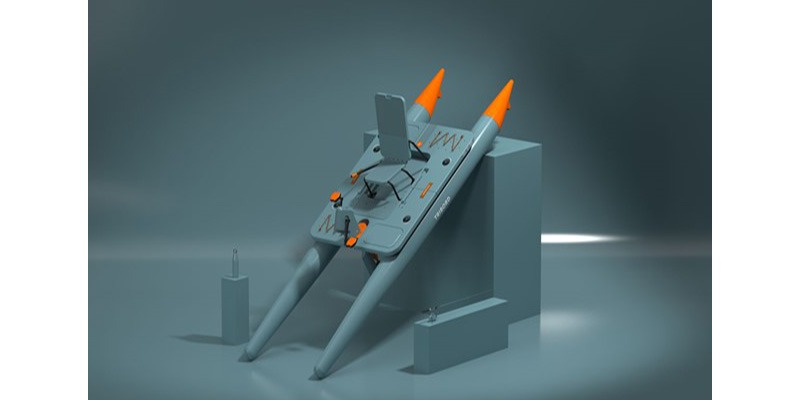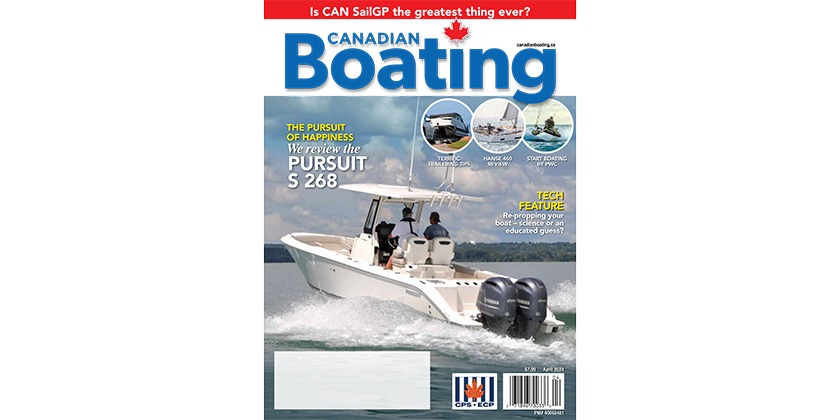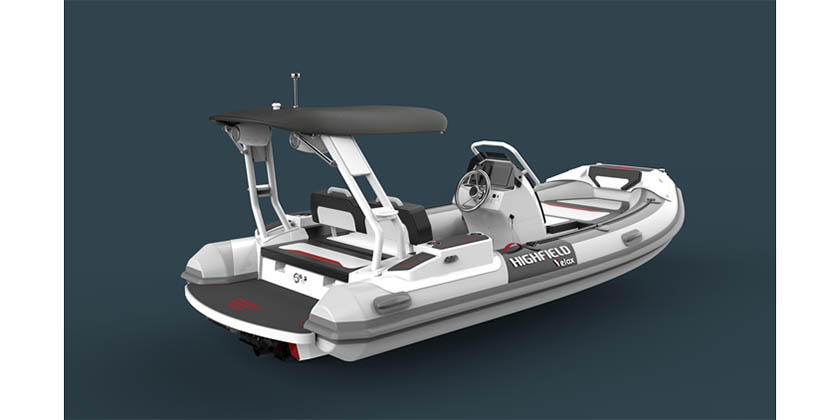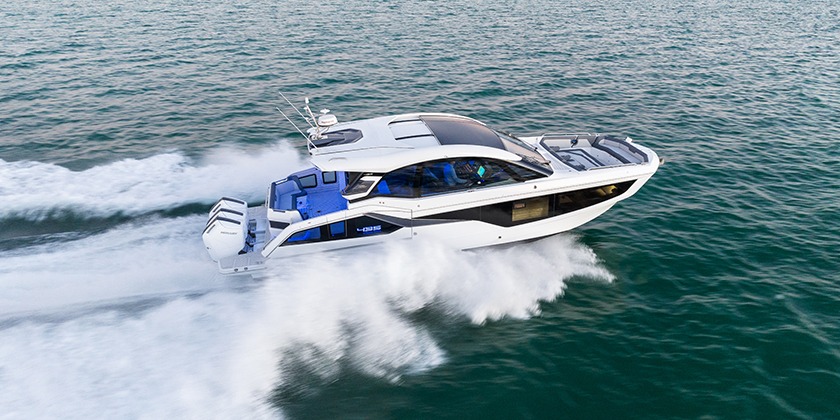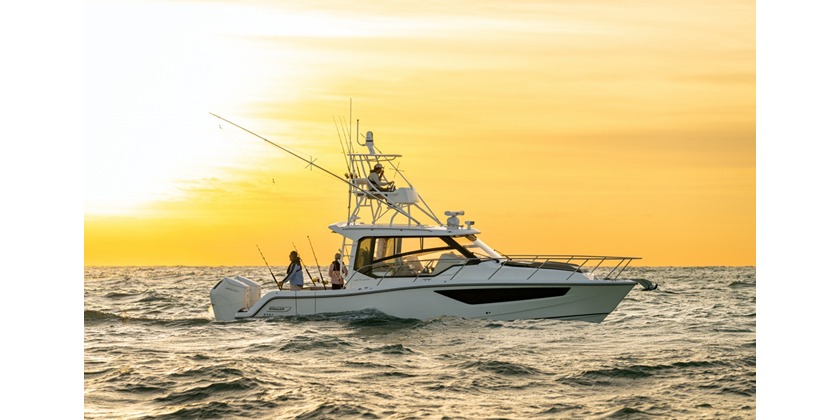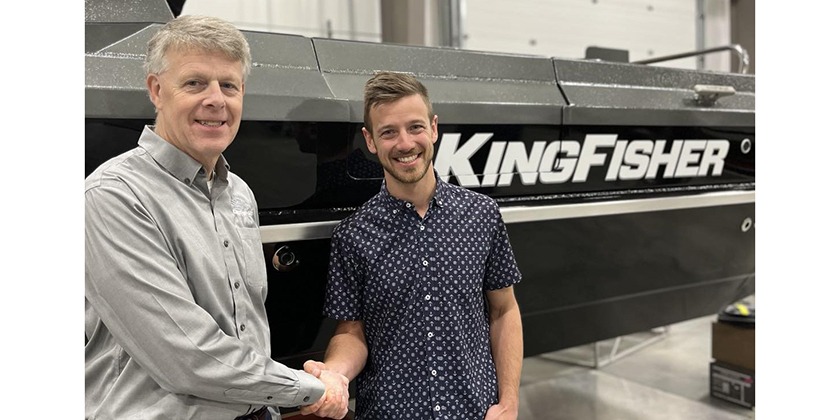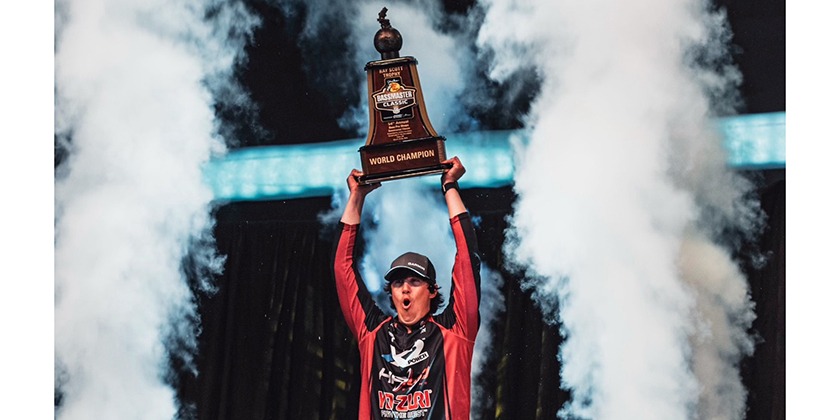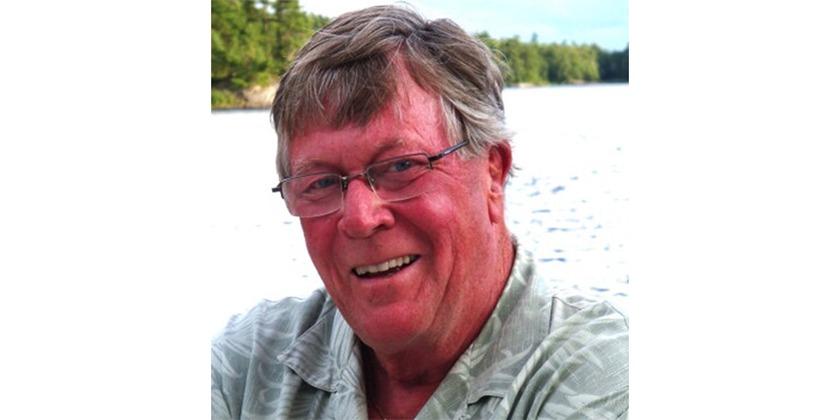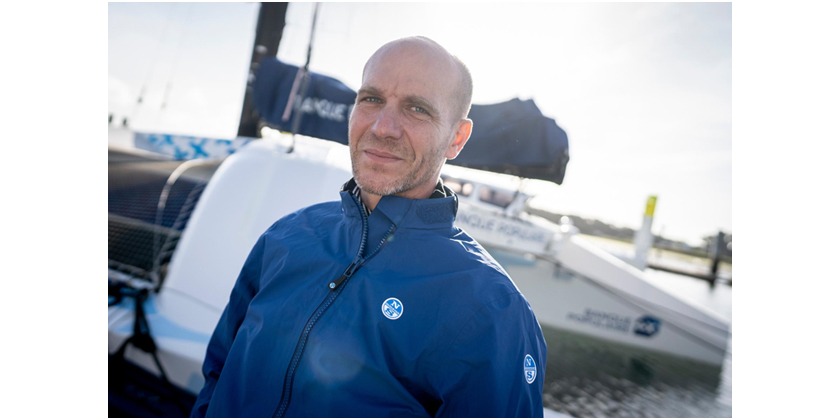West Marine has announced the recipients of their annual Marine Conservation Grants program. Grants are being awarded to organizations who are working to “improve and protect marine habitat,” which is a key part of West Marine’s mission.
The Marine Conservation Grants are a component of West Marine’s BlueFuture® initiative to help create a sustainable future for our planet. The focus of this year’s awards is on projects that enhance marine habitat, engage anglers in data collection and educate anglers about barotrauma. The efforts of the eleven recipients are focused in California, Washington, New York, Louisiana, Florida, Texas, Georgia, North Carolina, Massachusetts, Michigan and Hawaii.
2014 West Marine Conservation Grants:
1. National Marine Sanctuary “Classic” in California, Florida, Texas, Georgia, North Carolina, Washington, Massachusetts, Michigan and Hawaii, produced by The Sportfishing Conservancy. The funds will support a free summer-long fishing and photo contest in all the National Marine Sanctuaries across the United States. The Classic highlights the fact that more than 95% of the National Marine Sanctuaries’ pristine waters encourage recreational fishing. To get involved visit sanctuaryclassic.org. For more information about marine sanctuaries go to sanctuaries.noaa.gov/about/welcome.html.
2. Washington State – Puget Sound Anglers is an organization of avid anglers with common goals of preserving, protecting and enhancing the sport fisheries of Washington State. The grant will be used to educate anglers in the identification of rockfish as well as the use of descenders. This allows for anglers to retain legally caught rockfish and return ESA-listed rockfish to depth, as well as unwanted by-catch.
Primarily due to misidentification, many rockfish are released at the surface, becoming easy prey for sea birds. The clear identification
and rapid descent of rockfish dramatically improves the survival of these deep water species. To get involved visit pugetsoundanglers.org.
3. Babylon, New York – Suffolk Marine Anglers is a local fishing club with nearly 100 members. The funds will be used to hire guest speakers to educate anglers about best practices and barotrauma.
4. Covington, Louisiana – Recreational Fisheries Research Institute’s (RFRI) mission is to manage fisheries, habitats and coastal
restoration projects in Louisiana. The grant will support the Marine Sport Fish Tagging Program which is a cooperative effort with RFRI, CCA Louisiana and Louisiana State University. Through this program, anglers work to enhance fish populations with an angler-driven tag and recapture collection program. For more information visit lafishrodeo.wordpress.com/tagging-programs/.
5. Jacksonville, Florida – University of North Florida’s Coastal Biology Flagship Program is studying the impact of invasive lionfish
in Florida’s coastal ecosystems which serve as critically important juvenile nursery habitats for many ecologically and economically
important native fishery species (valued at approximately $5 billion annually). The grant will be used to collaborate with local anglers to
collect lionfish and effectively manage and control this invasive species.
6. Gainesville, Florida – The Florida Sea Grant (FSG) is a partnership between the Florida Board of Education, the National Oceanic and Atmospheric Administration (NOAA), and Florida’s citizens and governments. The funds will be used to conduct five “barotrauma media tours” where FSG will work with charter captains to take out members of the Florida Outdoor Writers Association and other journalists to learn about the proper use of fish descending gear to safely return barotrauma-stricken reef fish to depth. Participants will be expected to use their trip as an opportunity to publish information about barotrauma and how anglers can help increase the survival rates of the fish they catch and release in deep waters.
7. Stuart, Florida – The mission of the Martin County Artificial Reef Fund (MCAC) is to continue the expansion of recreational boating
and fishing through the creation of artificial reefs. Lionfish are invading the reefs, endangering native fish. This grant will be used for
a Lionfish Round-Up to help protect the fisheries in Martin County. For more information go to mcacreefs.org.
8. Davenport, California – The Monterey Bay Salmon and Trout Project (MBSTP) is dedicated to the recovery of the native salmon and steelhead populations of the greater Monterey Bay. Annually, 240,000 Chinook smolts are marked (fin clip) and vaccinated. The fish are then brought to the harbor by tanker trucks, acclimated to saltwater in the net-pen and released after one week. Anglers are encouraged to fish and the California Department of Fish and Wildlife agents collect the data at the harbor landing from the salmon that were caught. Thousands of mature King salmon from this program are caught by anglers annually and this grant will help support MBSTP’s efforts.
To get involved visit mbstp.org.
9. Santa Cruz, California – The University of California, Santa Cruz, Carr Lab will use the funds to involve the recreational fishing
community in the collection of genetic samples (fin clips) from adult fish. Through this cooperative work with the fishing community, the
Carr Lab will share methods for catch-and-release that maximize fish survival, including the use of descending devices to minimize
barotraumas.
10. Concord, California – Water4Fish Inc. is an advocacy organization which solicits public support for better California water
management policies for the protection and enhancement of fish. Water4Fish periodically summarizes the data by legislator for use in
educating the legislator about his or her constituents and their support of fisheries.
11. Honolulu, Hawaii – The University’s Hawaiian Moon Calendar Project addresses the decline of reef fish in Hawaii. The project works with fishing communities across the islands to determine spawning seasons, size, and abundance of harvested reef fish in each community.
This information is incorporated into local moon & tide calendars that are free for anglers and highlight fish spawning seasons and sustainable fishing practices. For more information visit spawningseasons.org.
West Marine’s Marine Conservation Grants are awarded through a formal application process in which interested organizations must submit their proposal directly to West Marine. All applications are reviewed by the Marine Conservation Action Team.
Since 1994, West Marine has donated over $5,000,000 to organizations that support youth boating, boating safety and the marine environment.
For more information about West Marine’s BlueFuture® program, visit westmarine.com/BlueFuture.
